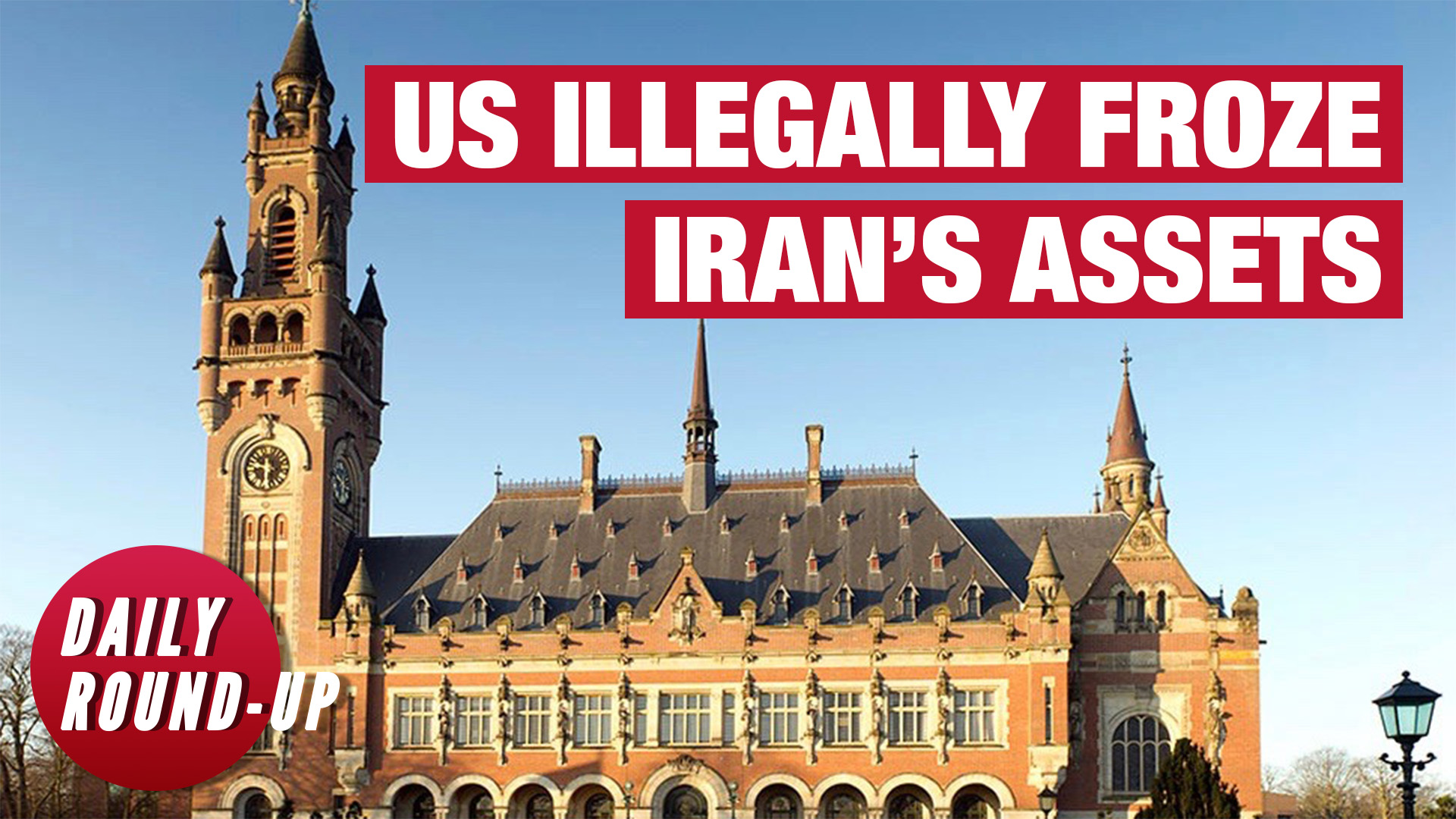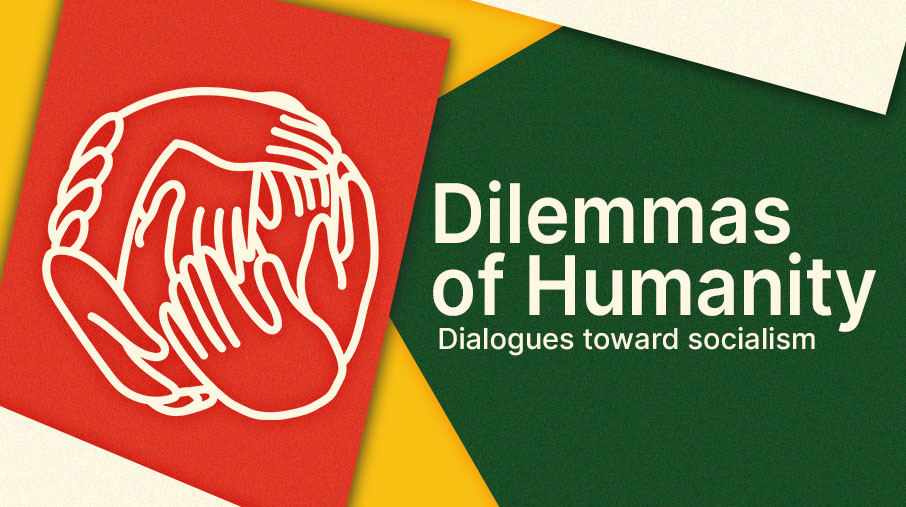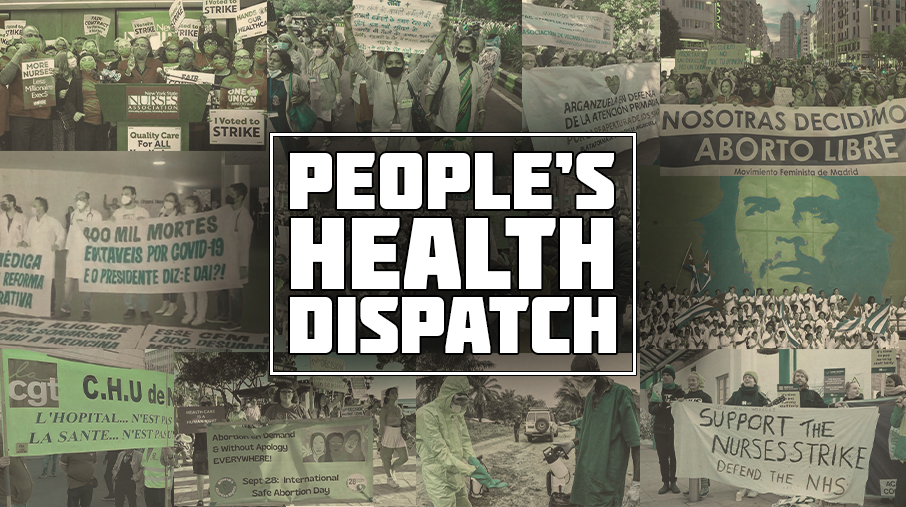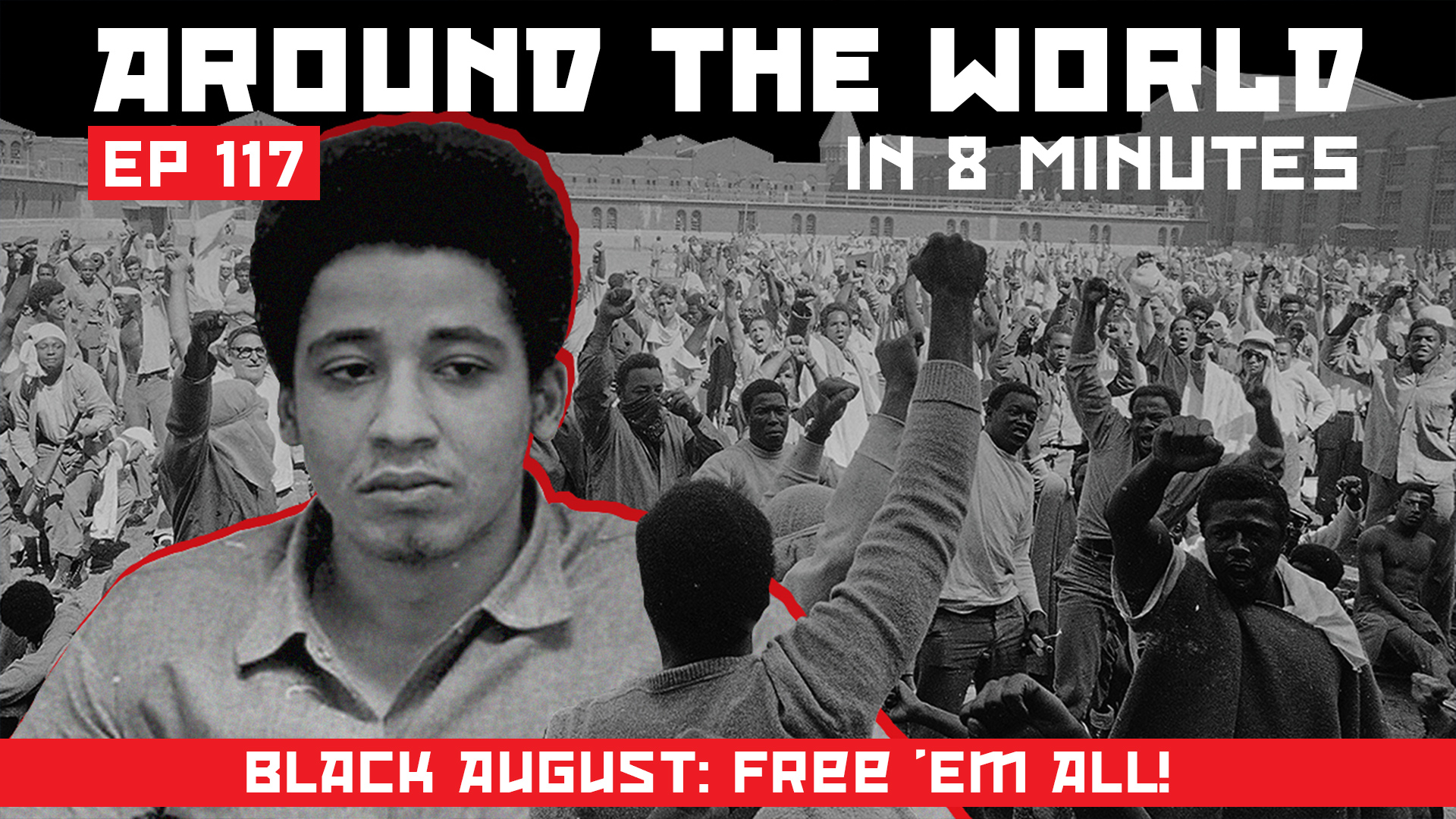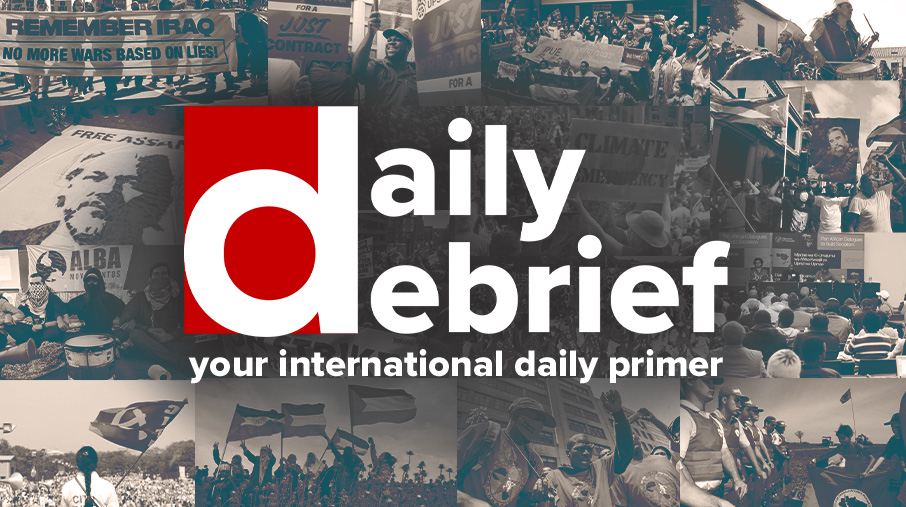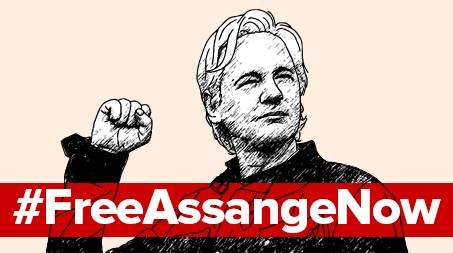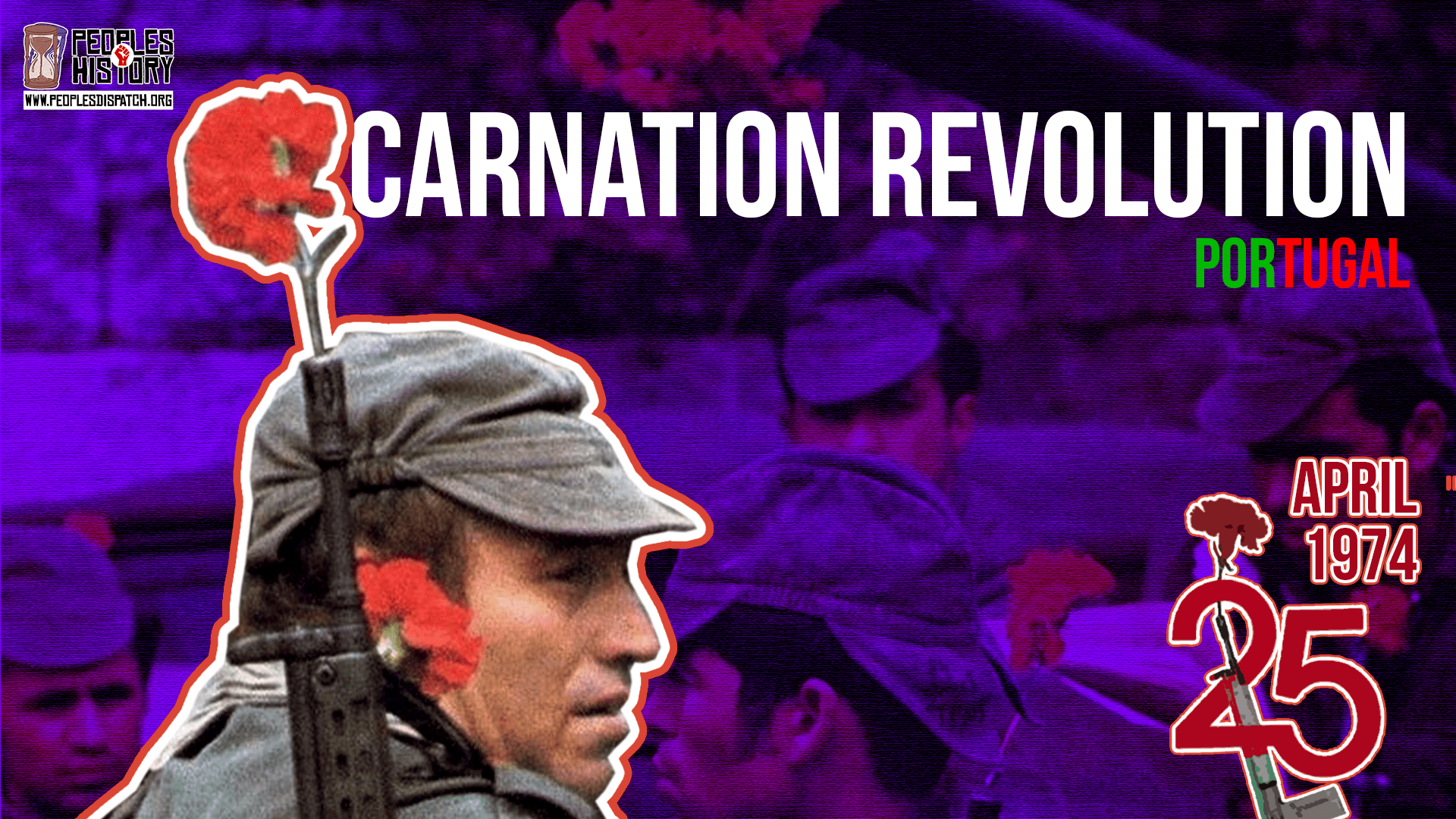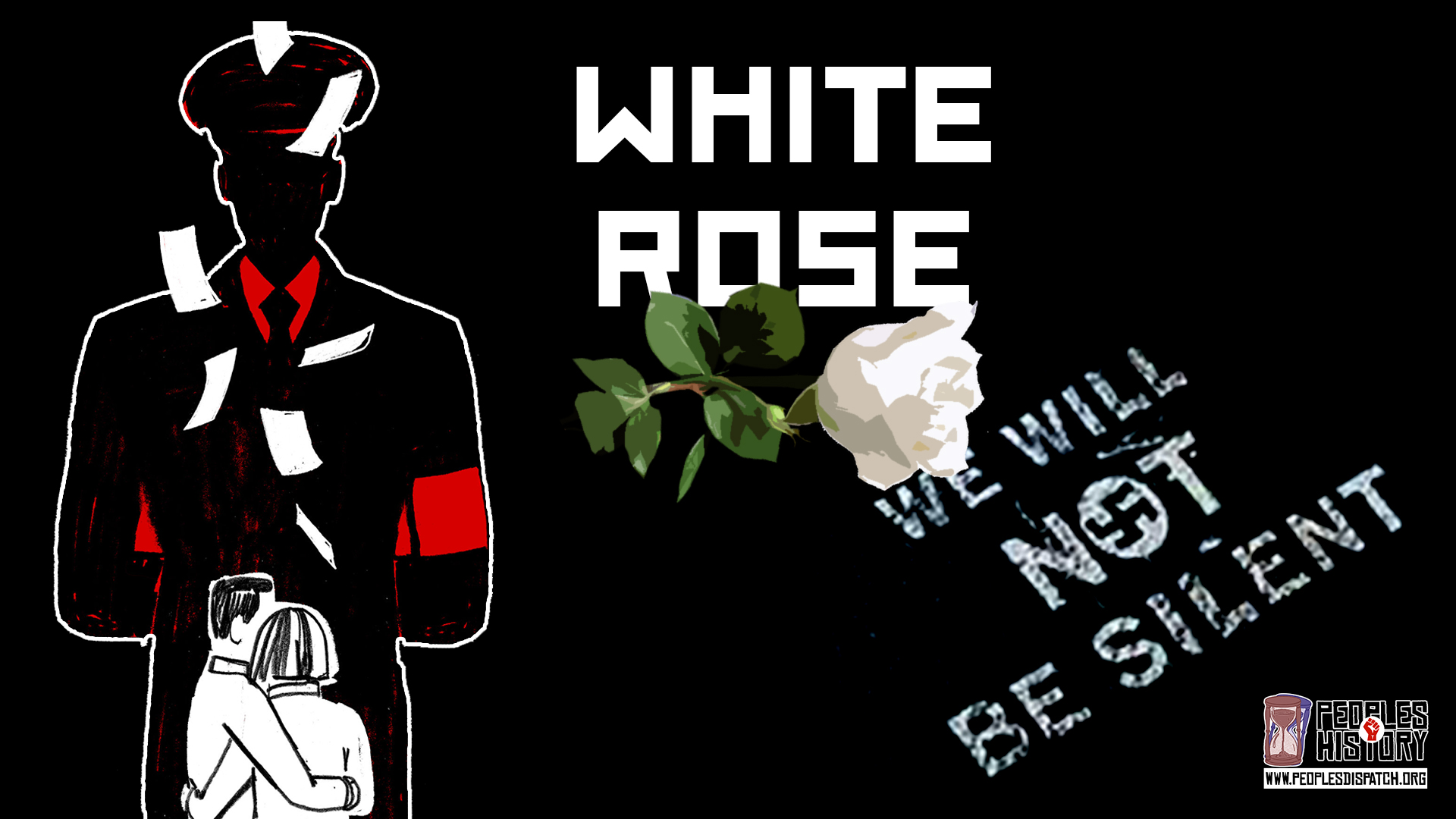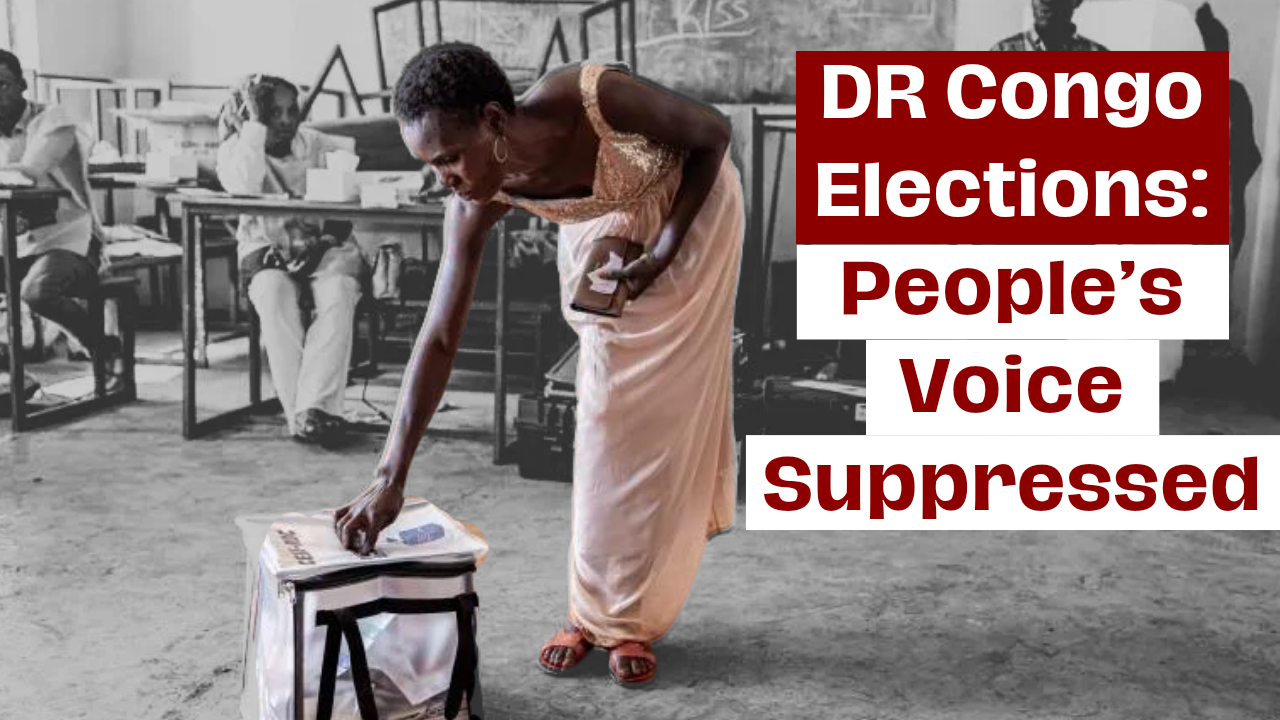 Controversies and fraud marred the elections in DR Congo
Controversies and fraud marred the elections in DR Congo
Congolese activist Kambale Musavuli speaks to Peoples Dispatch about the recent electoral process in the DRC and what the results mean for its future
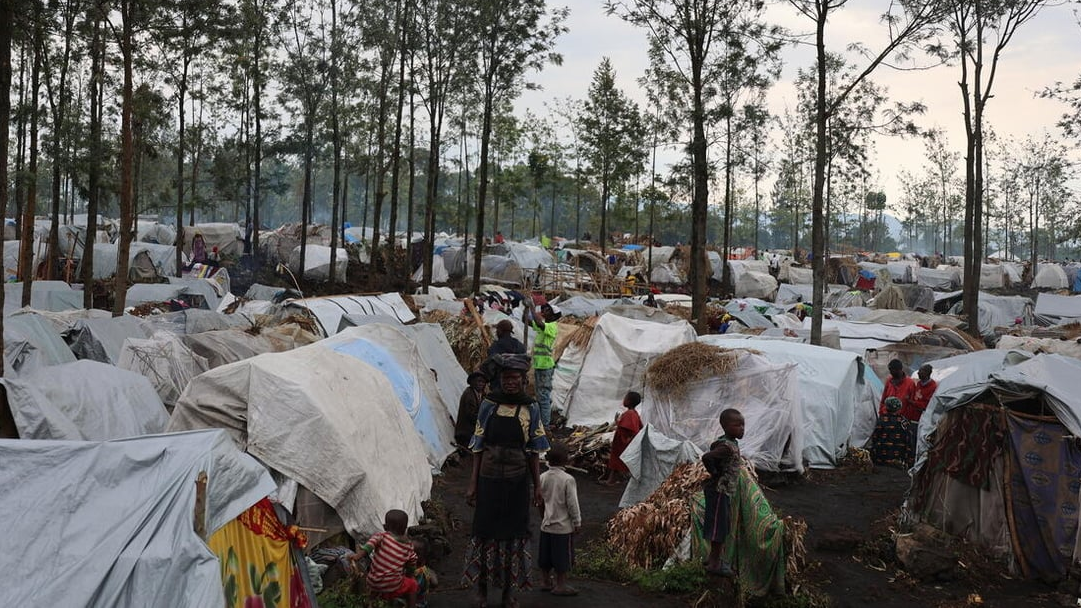 7 million displaced in the Democratic Republic of Congo as M23 attacks continue
7 million displaced in the Democratic Republic of Congo as M23 attacks continue
Mass displacement reaches record levels as M23, a proxy force backed by Rwanda, continues its offensive in the eastern provinces of the DRC in violation of a ceasefire
 For peace in the Congo, US and UK must hold their allies accountable
For peace in the Congo, US and UK must hold their allies accountable
Kambale Musavuli talks about the rising anger against the presence of foreign forces in the Congo and how for a sustainable political solution, the US and the UK must hold their allies Rwanda and Uganda to account
 Demands for justice grow after 56 people killed in protest against foreign forces in the DRC
Demands for justice grow after 56 people killed in protest against foreign forces in the DRC
Congolese forces killed 56 people in the city of Goma during a protest against the presence of UN and EAC armed forces in the region. The eastern provinces of North Kivu and Ituri have been under a state of siege amid a resurgence of attacks by the Rwanda-backed M23
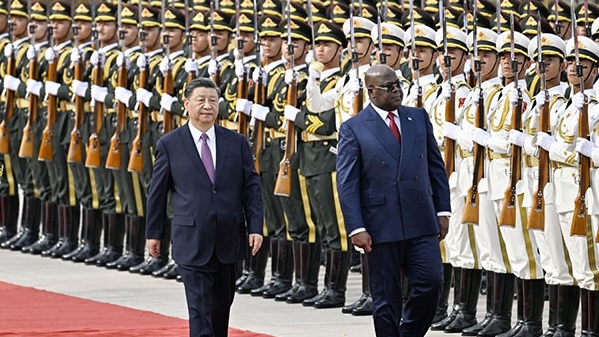 Are DRC-China ties set to see an uptick?
Are DRC-China ties set to see an uptick?
Despite a policy pursued since the beginning of his mandate that does not put the interests of the people first, the Congolese president, by returning from his stay in China with several agreements, has taken a step that demonstrates that he has made a sovereign choice for the country: to negotiate with a major Southern power
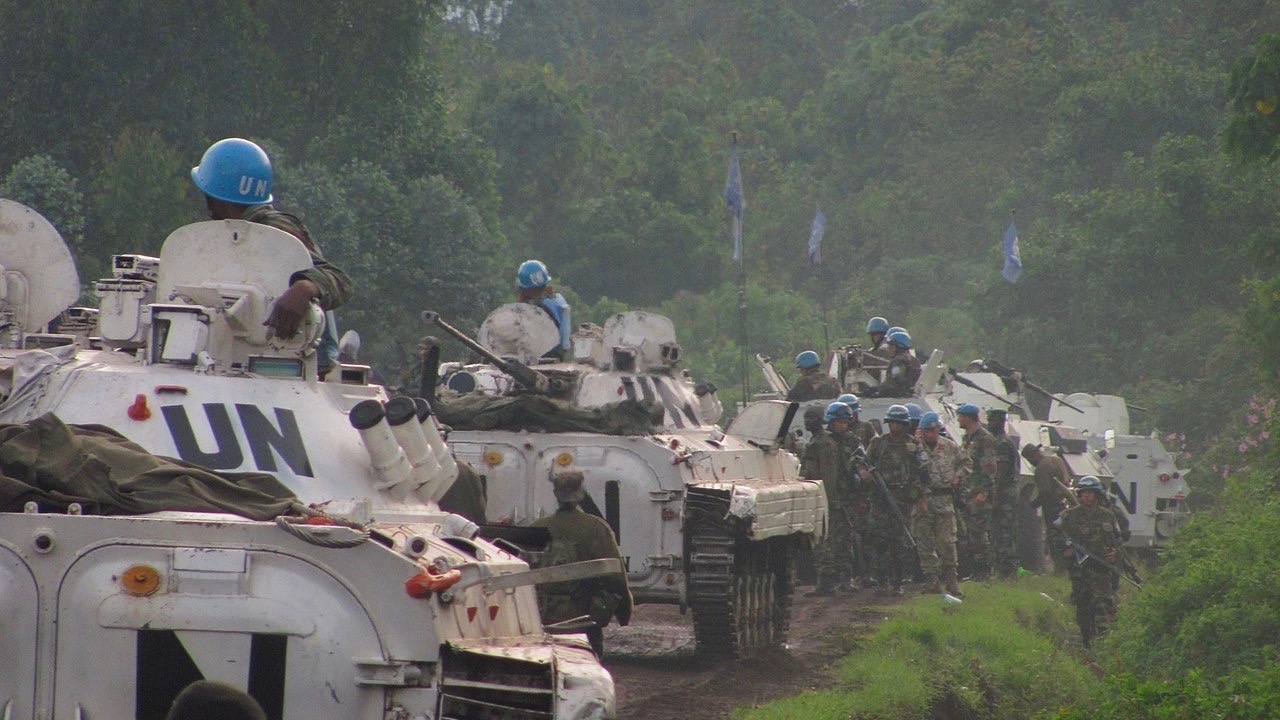 Fresh protests break out in Congo against UN and East African forces; anger grows over M23 advance
Fresh protests break out in Congo against UN and East African forces; anger grows over M23 advance
At least eight people were killed by UN forces in the North Kivu province on February 7. The DRC is witnessing renewed protests against the UN peacekeeping mission (MONUSCO) and the East African Community (EAC) regional forces
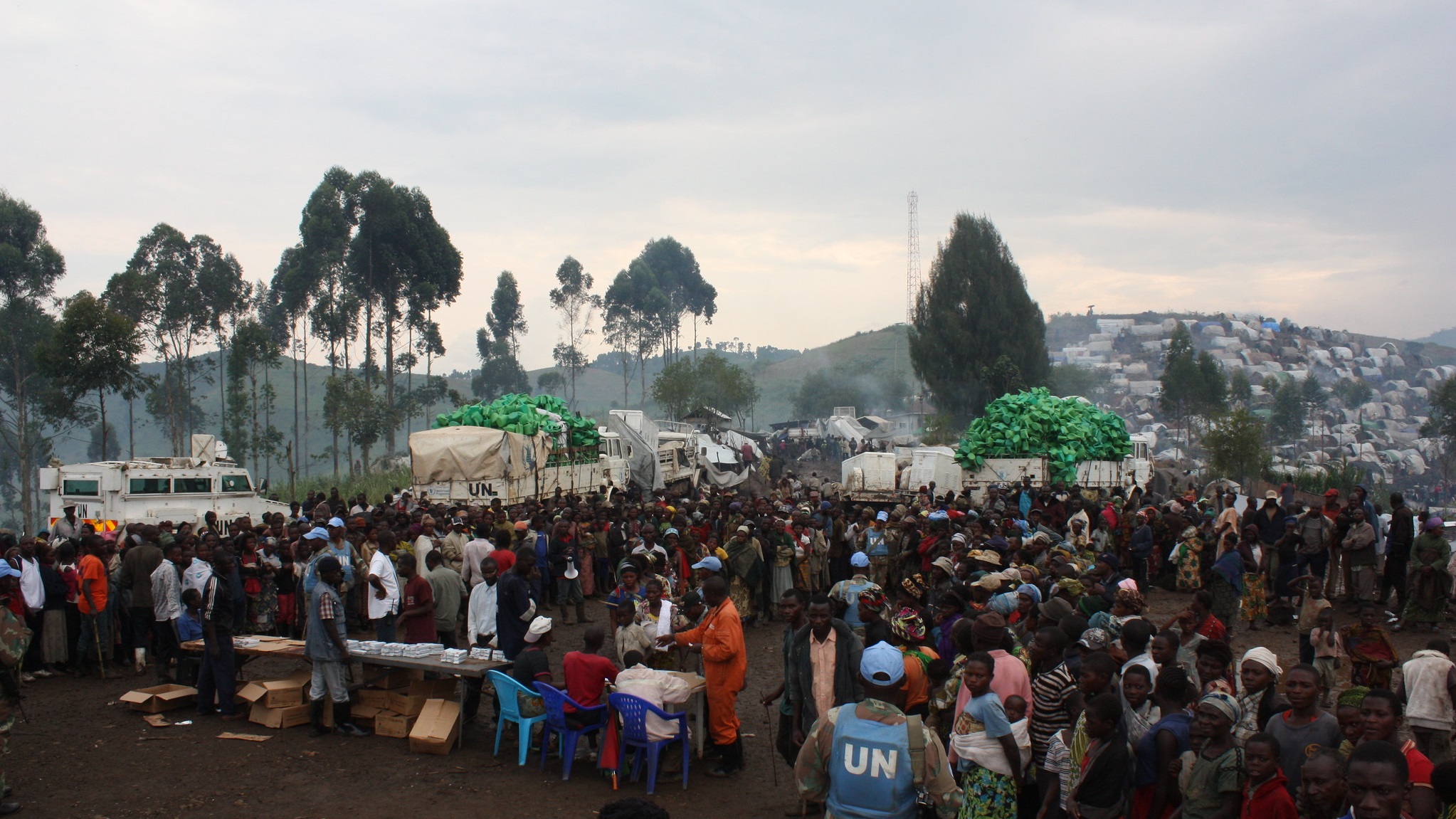 A call to the people: If capitalism is to be fought, it has to be fought in the DRC
A call to the people: If capitalism is to be fought, it has to be fought in the DRC
The mineral-rich eastern provinces of the DRC have been repeatedly invaded and attacked by proxy forces known to be backed by Rwanda and Uganda, both key allies of US interests in the region
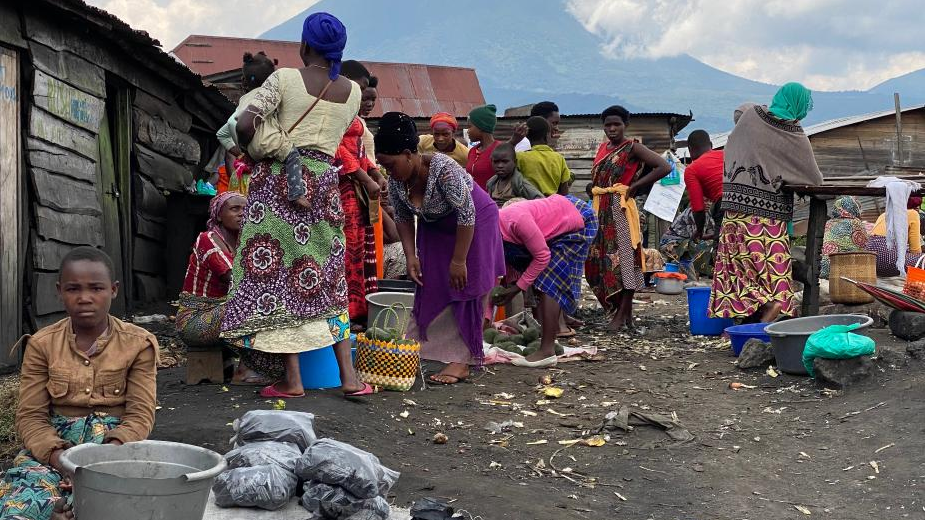 The waters are running red in Africa’s Great Lakes region – a war is raging we can’t ignore any longer
The waters are running red in Africa’s Great Lakes region – a war is raging we can’t ignore any longer
Resources like cobalt, copper, lithium, and the trees of the rainforest continue to be exploited by the rest of the world despite the carnage that has afflicted Africa’s Great Lakes for the past 30 years
 Dispatches from The Congo: The devastating record of the IMF and WB
Dispatches from The Congo: The devastating record of the IMF and WB
In this episode of Dispatches from the Congo, Kambale Musavuli talks about the appointment of Malangu Kabedi-Mbuyi as the governor of the central bank and examines the record of the Bretton Woods institutions in the country
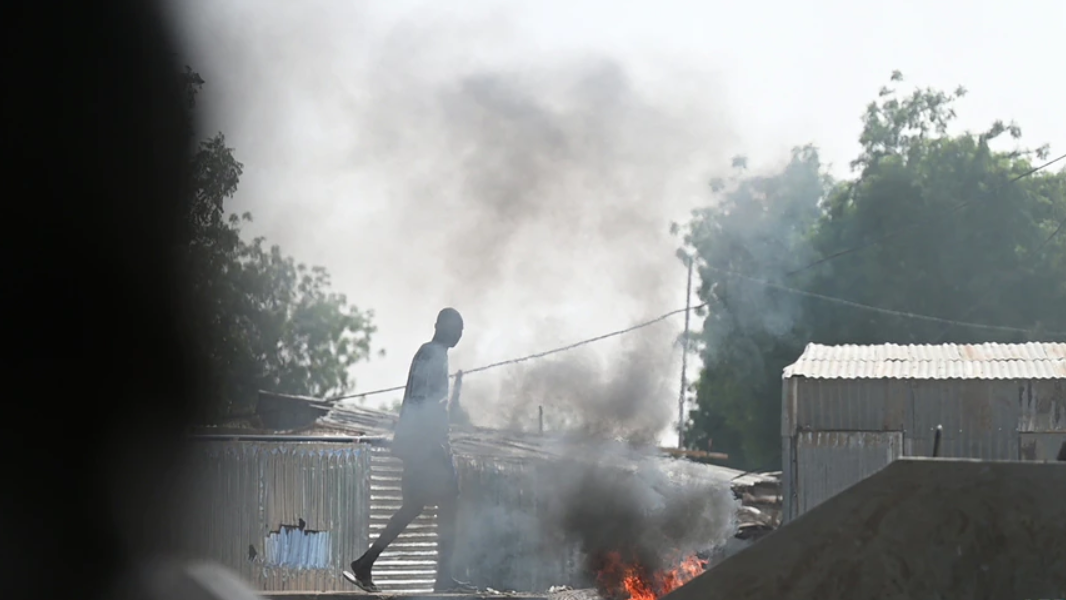 Protesters in Chad remain skeptical of new political structure, French approach
Protesters in Chad remain skeptical of new political structure, French approach
On April 27, protesters were killed while were opposing the new political arrangement, which includes a military junta and a civilian prime minister. The protesters were on the streets against the coup staged by Mahamat Deby
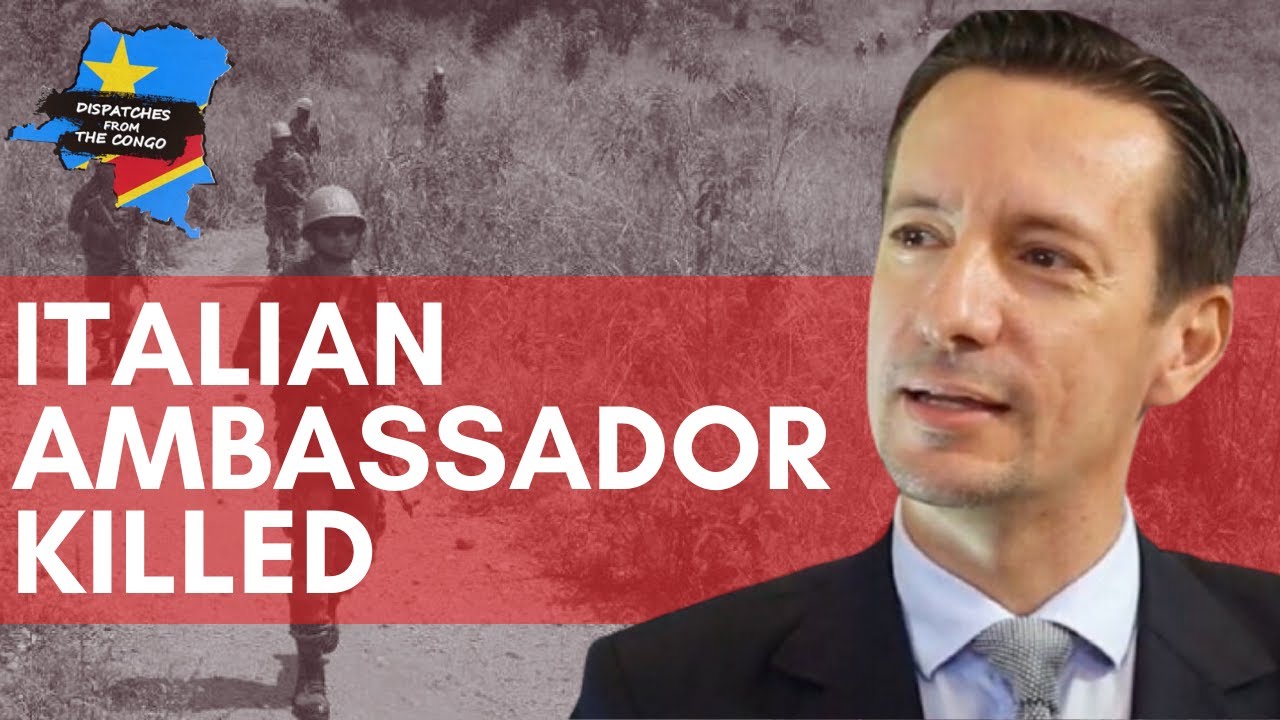 Dispatches from the Congo: Italian ambassador assassinated
Dispatches from the Congo: Italian ambassador assassinated
Kambale Musavuli from the Centre for Research on the Congo talks about why the killings don’t stop in the DRC.
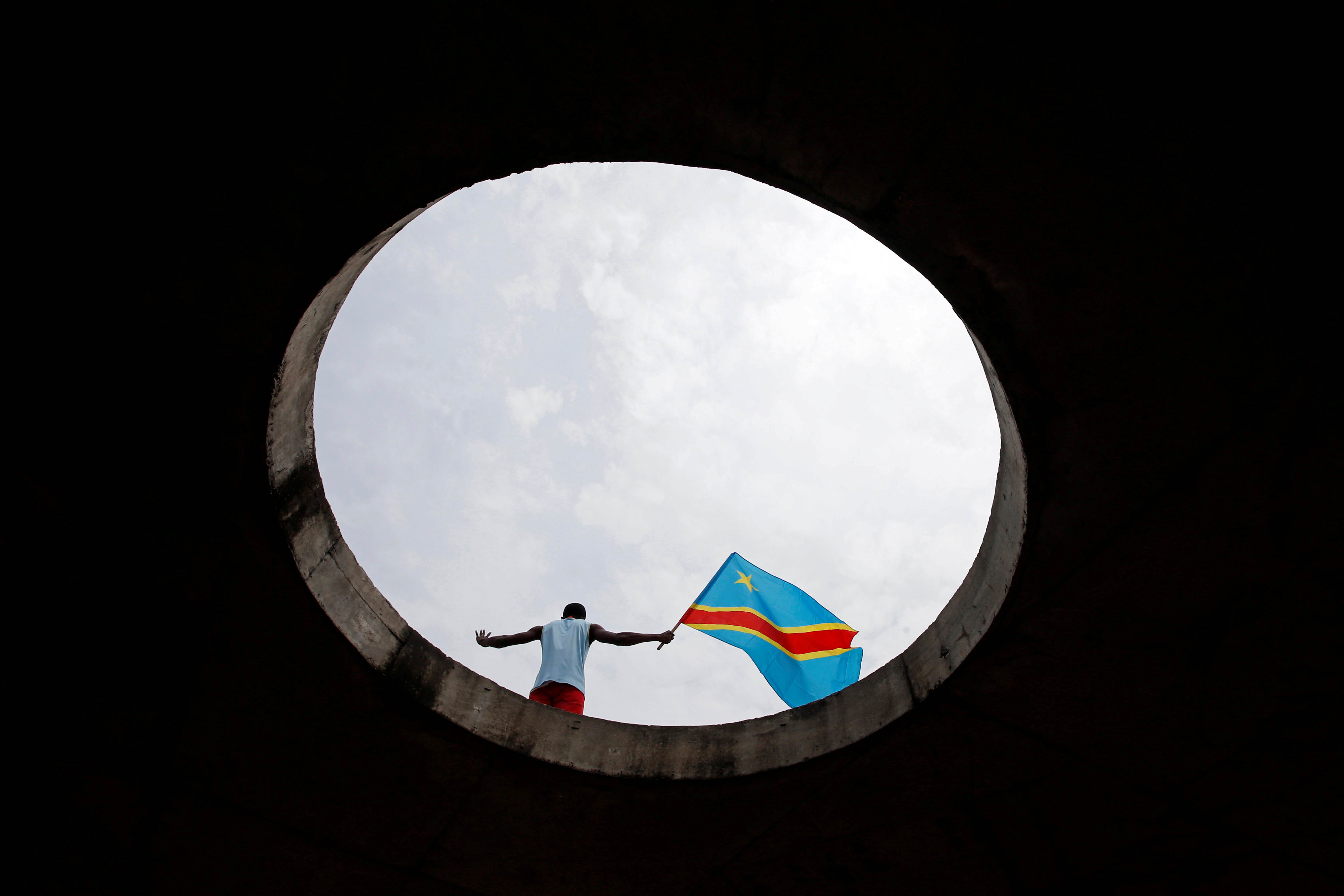 Hijacking the Congolese people’s victory
Hijacking the Congolese people’s victory
Kambale Musavuli writes on the challenges that the Congolese people face after they ended Joseph Kabila’s nearly two decades of repressive rule


